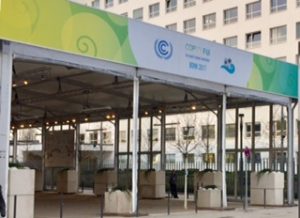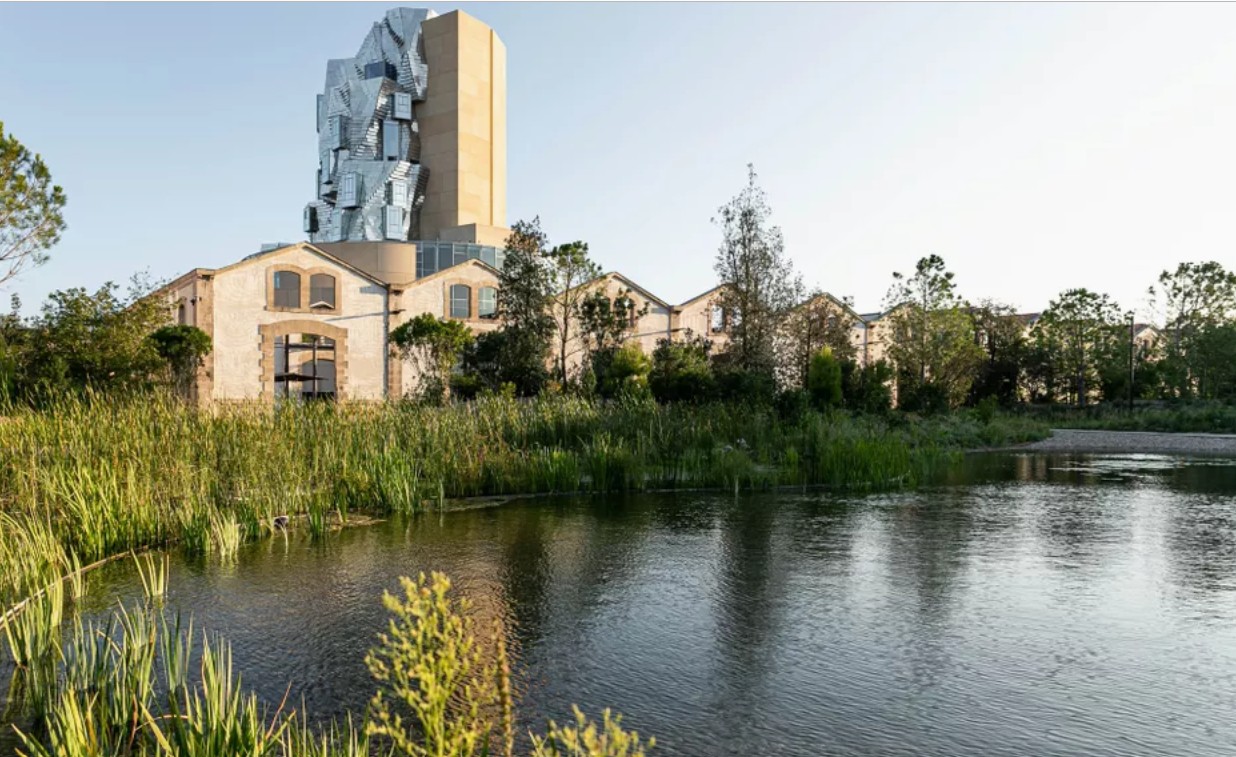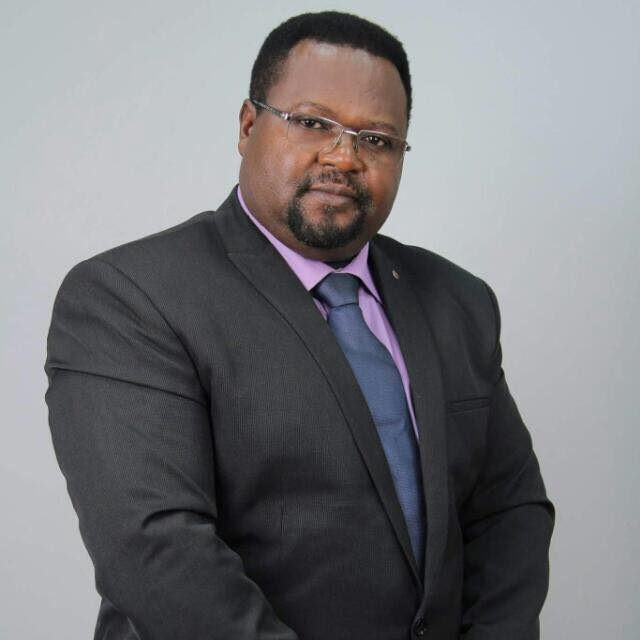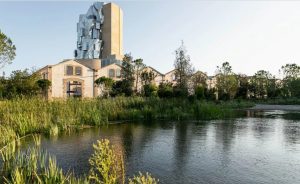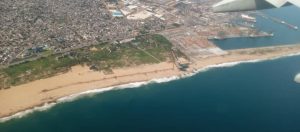Accord de Paris
Adaptation
Adaptation Fund
AFRIQUE
Agriculture
Allemagne
Analyse
Benin
Climate Change
COP 23
enjeux
Food security
îles Fidji
NDCs
Non classé
Tanzania
UNFCCC
United States of America
Climate Change, Climate finance, COP 23, FIJI, Houmi Ahamed-Mikidache, sustainable development
ERA ENVIRONNEMENT
0 Comments
COP 23: “no time to waste”
The 2017 UN Climate Change Conference opened on Monday, with the aim of launching nations towards the next level of ambition needed to tackle global warming and put the world on a safer and more prosperous development path, recalled the UNFCCC Secretariat at the opening ceremony. Explanations.
By Houmi AHAMED-MIKIDACHE in Bonn
Two years after the adoption of the Paris Climate Change Agreement, this conference held in Bonn and presided by Fiji, the first small island developing state to have this role. “The human suffering caused by intensifying hurricanes, wildfires, droughts, floods and threats to food security caused by climate change means there is no time to waste,” said Mr Frank Bainimarama, the Prime Minister of Fiji and president of COP 23.
Critical
According to the World Meteorological Organization, 2017 will be one of the three hottest years on records with many high-impact events including catastrophic hurricanes and floods, debilating heatwaves and drought.
“The past three years have all been in the top three years in terms of temperature records. This is part of a long term warming trend,” said WMO Secretary-General Petteri Taalas. And he added: “We have witnessed extraordinary weather, including temperatures topping 50 degrees Celsius in Asia, record-breaking hurricanes in rapid succession in the Caribbean and Atlantic reaching as far as Ireland, devastating monsoon flooding affecting many millions of people and a relentless drought in East Africa.
One of the consequences of climate change is food insecurity in developing countries especially. A review of the Food and Agriculture Organization (FAO) found that, in developing countries, agriculture (crops, livestock, fisheries, aquaculture and forestry) accounted for 26% of all the damage and loss associated with medium to large-scale storms, floods and drought.
For Patricia Espinosa, Executive Secretary of UN Climate Change, it is urgent to act. “The thermometer of risk is rising; the pulse of the planet is racing; people are hurting; the window of opportunity is closing and we must go Further and Faster Together to lift ambition and action to the next defining level, “she said. According to the World Health Organisation (WHO), the global health impacts of heatwaves depend not only on the overall warming trend, but on how heatwaves are distributed across where people live. Recent research shows that the overall risk of heat-related illness or death has climbed steadily since 1980, with around 30% of the world’s population now living in climatic conditions that deliver prolonged extreme heatwaves. Between 2000 and 2016, the number of vulnerable people exposed to heatwave events has increased by approximately 125 million.
The negotiations
According to UNFCCC secretariat, COP23 negotiators are keen to move forward on other unfinished business under the Convention. These include checking on the progress of the delivery of $100 billion of support for developing countries by 2020 pledged in Copenhagen and recalled in the Paris Agreement and they will discuss the Doha Amendment of the first international emission reduction treaty, the Kyoto Protocol.
But the Paris Agreement, adopted in 2015 and ratified by 169 countries, is the heart of the negotiations. The Paris Accord is indeed underpinned by national climate action plans known as Nationally Determined Contributions (NDCs) whose ambition needs to be collectively advanced over time to get on track to the Agreement’s temperature goal. Two years ago, during COP 21, these contributions were far to reach the Paris Accord. COP 22 in Morocco was the COP of action with many side events and dialogues on the Paris Accord. The Agreement’s goal is to keep the global temperature rise well below 2 degrees Celsius and as close as possible to 1.5 degrees. Last June, The US government explained its willing to withdraw from the Paris Agreement. However, for the UNFCCC, countries which ratified the Paris Agreement are still working for its implementation.
“There is unprecedented and very welcome momentum among governments, but also cities, states, territories, regions, business and civil society: Bonn 2017 needs to be the launch pad towards the next, higher level of ambition by all nations and all sectors of society as we look to de-risk the future and maximize the opportunities from a fresh, forward-looking and sustainable development path, “Mrs Espinoza emphasized.
To the UN Climate Change Convention view, countries in the negotiations plan to design and launch the Talanoa dialogue, named after the spirit of open exchange and constructive debate of Pacific island nations, to run during the course of 2018. The dialogue will be underpinned by three fundamental questions– Where are we? Where do we want to go? How do we get there?. The dialogue will conclude at COP24 in Poland next year with the aim of setting the stage for a more ambitious response that better reflects the scientific state of climate change during the window 2019-2020.
Governments will also work on what can be called the Paris Agreement’s operating system – the detailed ways and means to assist all governments, supported by non-Party Stakeholders, better meet the goals of the Paris Agreement now and over the years and decades to come. The deadline for this is also scheduled for Poland in 2018, indicate the United Nations Convention on Climate Change.
Share this content:

